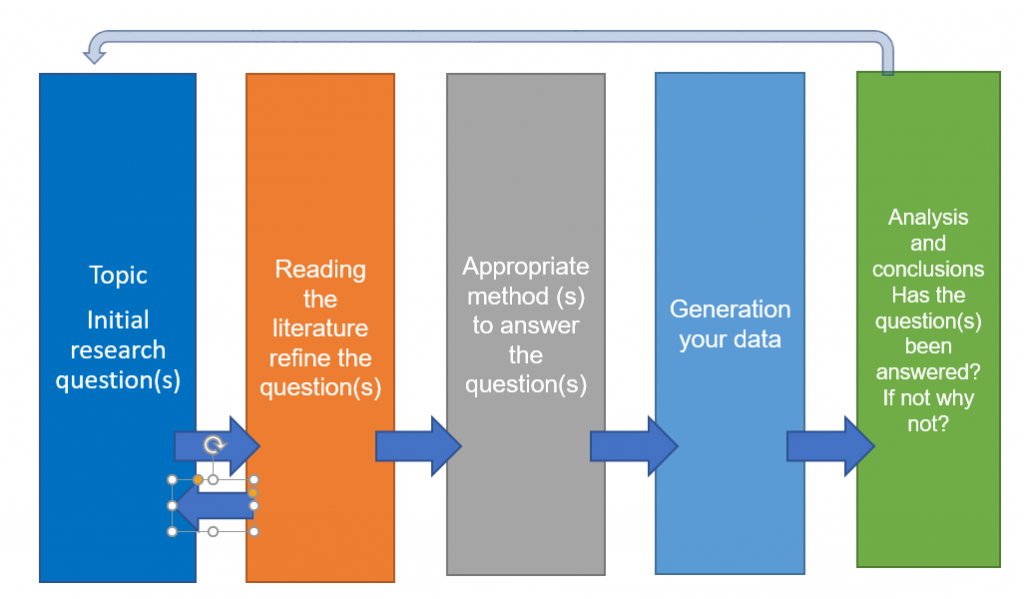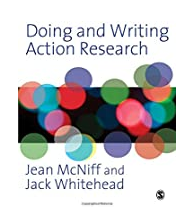Written by Dr. Paula Stone (Senior Lecturer Primary Education. Canterbury Christ Church University)
Engagement with theory and research can contribute significantly to becoming a critically reflective teacher. But a constant cry from teachers is “Even if I want to, how do I find time to engage in research when I am so busy preparing to teach, teaching and assessing?”.
Undertaking a small research activity is not as difficult as it might first appear. As teachers we are often trying out new ideas, evaluating them and sharing the outcomes with other colleagues. The only difference is in calling it research is that it is a planned and systematic enquiry in order to examine a problem or issue in practice. In education, it can enable us, as practitioners, to deconstruct and disrupt teaching practices and offer new ideas about pedagogy.
It involves the following:
- Firstly, you need to identify something that you are interested in researching – Is there something in your practice you think you could so better? Are you worried about group of learners?
- Then you need to ask a question a good research question in education is ‘How do I improve my work so that my students can make better progress?’.
- At this stage you may want to see who else is writing about this – you could look at the Education Endowment Foundation or the Chartered College Impact Journal
- Next you need to decide how you are going to collect your data. This is easy in school, because as teachers we are gathering data all the time through observing and assessing students’ learning; evaluating our lessons; talking to our students.
- Then comes the interesting part; collecting your data and analyzing it. Did your intervention (the change in pedagogy) make a difference? How do you know?

This process is often called practitioner-research because you are researching what you do to develop a deeper understanding of what you are doing in your everyday practice. Practitioner-research has a personal and social aim; the personal aim is the improvement of your own learning; and the social aim is the improvement of your own practice and the impact this has on your students.
It is an important part of research engagement that you share your findings with others. Otherwise why bother? This could be done through; sharing your results in a staff/team meeting; collaborating with colleagues to develop practice across the school; or sharing it with us here at https://www.epistemicinsight.com/.
What better reason to engage in practitioner-research is there than to improve your practice for your own benefit and for the benefit of the children in your care. Give it a go you might find it is easier than you think.
A accessible text to get you started is

Photo credit: Dr Paula Stone.


Trackbacks/Pingbacks